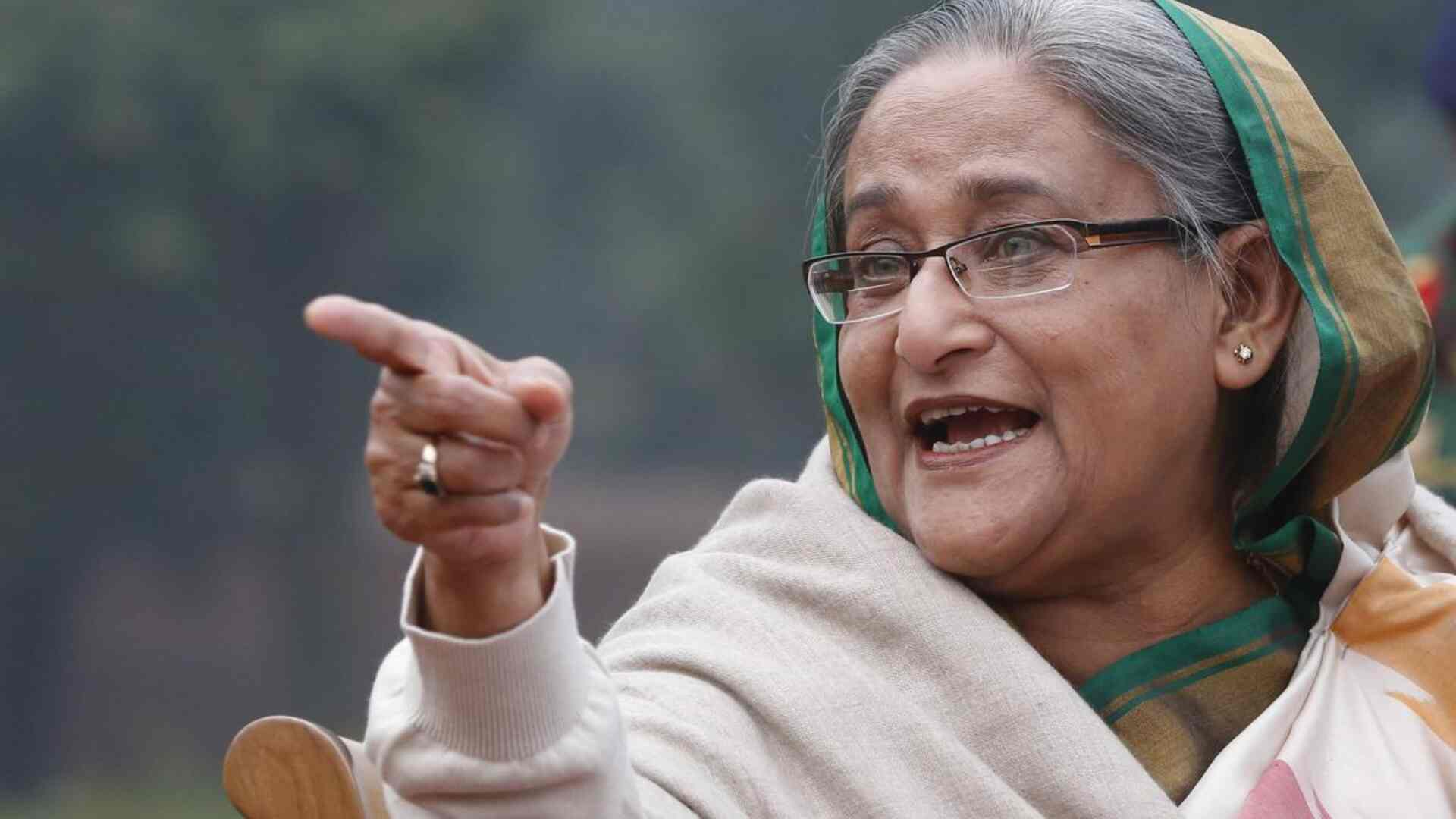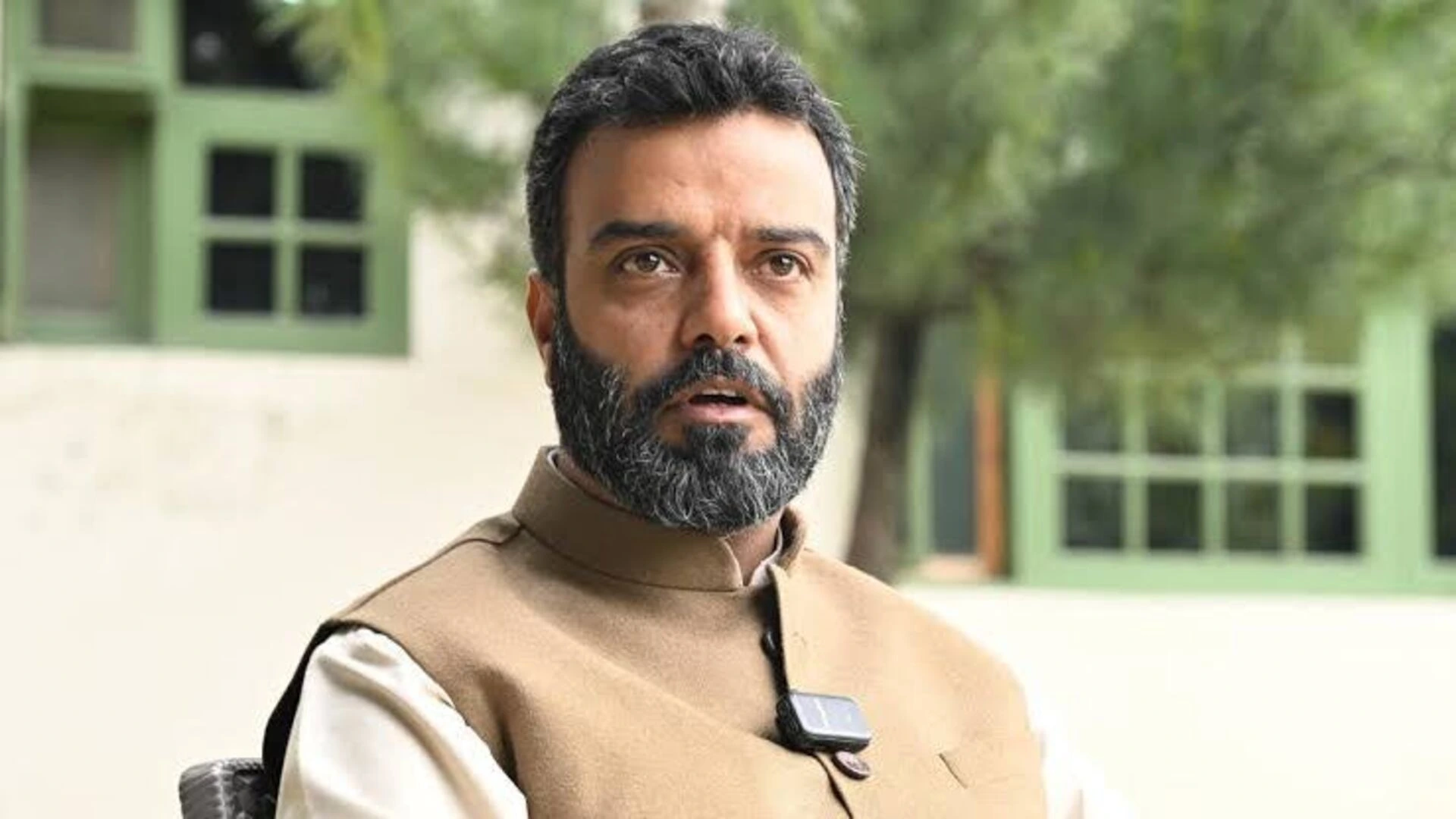On Sunday, Bangladesh’s newly appointed chief prosecutor, Mohammad Tajul Islam, revealed plans to extradite former Prime Minister Sheikh Hasina from India to face trial for charges related to genocide. The announcement comes in the wake of a student-led uprising that led to Hasina’s 15-year administration being overthrown on August 5.
Islam, who has a background with Jamaat-e-Islami, emphasized that the extradition will be conducted under the existing criminal extradition treaty between Bangladesh and India. “Bangladesh has a criminal extradition treaty with India. She will be brought back to the country in line with that agreement. Not just Hasina, but all those involved in the massacre will be officially tried,” Islam stated.
Background and Role
Tajul Islam, a Supreme Court advocate, previously served as deputy to barrister Abdur Razzaque, who led the defense for former Jamaat leaders facing war crime charges at the International Crimes Tribunal (ICT). Following Razzaque’s departure to the UK due to fears of arrest, Islam took over as lead counsel for Jamaat’s defense. Islam is also a prominent figure in the Amar Bangladesh party, which was founded by members of Jamaat and Shibir.
Charges and Challenges
Islam identified Sheikh Hasina as the primary suspect in many of the genocide cases and crimes against humanity. “The biggest challenge right now is to preserve the evidence and bring it into the legal framework to prove the cases,” Islam said. He also cautioned about possible attempts to destroy evidence related to the killings that occurred in July.
The move to extradite Hasina marks a significant development in the ongoing legal and political struggle in Bangladesh, as the country seeks to hold those responsible for the alleged atrocities accountable.







